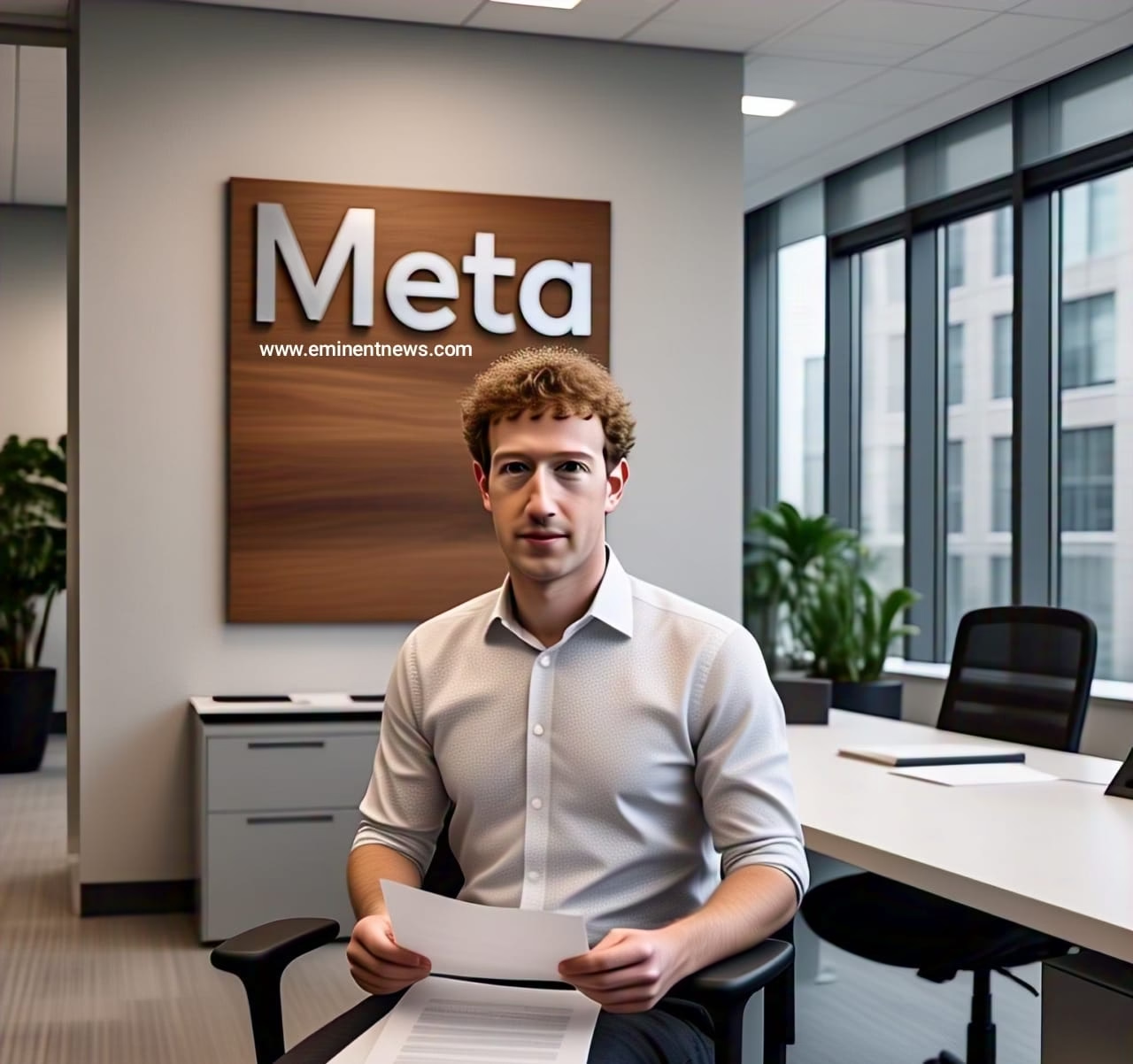The antitrust case Federal Trade Commission v. Meta Platforms, Inc. is an ongoing legal battle where the FTC alleges Meta has monopolized the social networking market through anti-competitive acquisitions, specifically Instagram and WhatsApp .
Detailed overview:
- Background: The FTC, along with multiple states, initially filed the lawsuit in December 2020, arguing that Meta’s acquisitions of Instagram and WhatsApp were designed to eliminate competition and create a monopoly .
- FTC Allegations: The FTC claims Meta engaged in a “buy-or-bury” strategy, acquiring potential competitors rather than innovating and competing fairly . They argue this has harmed consumers by reducing choice and innovation in social media .
- Meta’s Defense: Meta argues that it does not operate as a monopoly and that it improved Instagram and WhatsApp after acquiring them . They also contend that they face significant competition from other platforms like TikTok, YouTube, and X .
- Key Arguments:
- The FTC asserts that Meta controls a large share (78%) of the “personal social networking” market .
- Meta counters that the FTC’s market definition is too narrow and excludes popular platforms . They claim their market share is closer to 30% when considering overall time spent on social media apps .
- Trial and Key Figures: The trial began on April 14, 2025, with Meta CEO Mark Zuckerberg testifying . The FTC is calling witnesses, including former Meta COO Sheryl Sandberg, to support their case .
- Potential Outcomes: If the FTC wins, Meta could be forced to divest Instagram and WhatsApp, which experts say could significantly impact its advertising business .
- Legal Challenges: The case has faced several legal challenges, including an initial dismissal in June 2021, which was later revived with an amended complaint .
- Historical Context: This case is part of a broader trend of increased antitrust scrutiny of Big Tech companies . The outcome could set a precedent for future antitrust enforcement in the tech industry.
Specific allegations being made against Meta :
The specific allegations being made against Meta in the antitrust case Federal Trade Commission v. Meta Platforms, Inc., center on the company’s acquisition strategies and their impact on competition within the social networking market .
the key allegations:
- Monopolization: The core allegation is that Meta has illegally acquired and maintained monopoly power in the “personal social networking” market in the United States . The FTC argues that Meta holds a dominant position in this market .
- Anti-Competitive Acquisitions: The FTC claims that Meta’s acquisitions of Instagram and WhatsApp were specifically intended to “neutralize” potential competitors rather than to improve the products or benefit consumers .
- “Buy-or-Bury” Strategy: The FTC asserts that Meta employed a deliberate strategy of acquiring nascent competitors to prevent them from growing into significant rivals . This “buy-or-bury” approach, according to the FTC, stifled innovation and consumer choice .
- Specific Intent: Internal communications from Mark Zuckerberg, cited by the FTC, suggest that Meta’s acquisitions were motivated by a desire to eliminate competitive threats . For example, Zuckerberg wrote in an internal email that he sought to “neutralize a potential competitor” by acquiring Instagram .
- Harm to Consumers: The FTC argues that Meta’s actions have resulted in lower-quality social media apps for consumers because Meta prioritizes maintaining its market power and profits over improving its services .
- Illegal Monopoly: The original lawsuit, filed in 2020, alleges that Meta bought Instagram and WhatsApp to establish an illegal monopoly . The FTC contends that Meta’s executives chose to buy out new innovators instead of fairly competing, as they were unable to maintain their monopoly through fair competition .


























